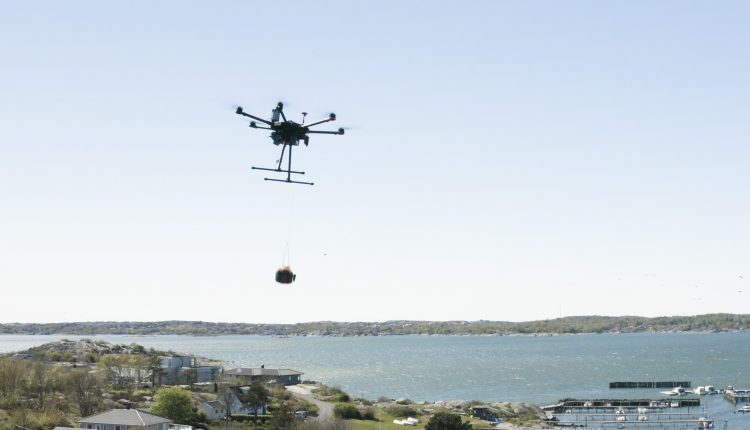
India, ICMR publishes medical drone guidelines
The Indian Council of Medical Research (ICMR) has released a 28-page guideline document covering the use of logistical drones in healthcare, covering an extensive range of topics
The ICMR document of guidelines for the use of drones covers a wide range of related topics, including:
- Utilizing air space and obtaining regulatory approvals from authorities for various kinds of drones
- Selecting suitable drone models, and criteria for choosing take-off/landing sites
- The types of medical supplies that can be delivered via drone, and how to effectively prepare, load, unload and quality check cargo
- The training of healthcare workers and drone operators, and the efficient management of medical drone operations
- Handling unforeseen events during field operations, and
- Data recording and management for analysis and validation.
ICMR added that ‘the guidance provided… is limited to the transportation of vaccines and temperature-sensitive medical supplies requiring preservation between 2°C and 8°C’, and other ‘non-temperature sensitive supplies such as tablets, syrups and surgicals.
However, it notes that the document does not provide guidance on the transportation of ‘blood bags, diagnostic biological samples… or frozen specimens’.
ICMR also recommended a proposed model of operations for a drone-based medical delivery method, based on a ‘hub and spoke’ approach, with drones connecting ‘primary or community health centers’ with a central district hospital at its core.
Furthermore, ‘drones may be used to connect two district hospitals’ to create a broader network across a wider region.
The guidelines were supported by ICMR drone trials and third party collaborators
ICMR says the guidelines were developed ‘based on the experiences of conducting pilot projects, as well as ‘detailed discussion’ between a number of third parties, and were also created in accordance with the Drone Rules 2021 Act, which created a framework for the use of drones in India.
Partner organizations that collaborated on the research include the Drone Federation of India (DFI) industry group, the Federation of Indian Chambers of Commerce and Industry (FICCI) trade association, and multiple government bodies – the Ministry of Civil Aviation (MoCA) and its subordinates, the Airport Authority of India and the Directorate-General of Civil Aviation (DGCA); and the Ministry of Health and Family Welfare (MoHFW) and its the Department of Health Research (DoHR).
“This guidance document … will assist in understanding different nuances involved in the planning and execution of drone-based delivery of medical supplies,” said Dr Balram Bhargava, Director-General of ICMR. “Since the usage of drones in the healthcare system is a relatively new venture in the country, there are possibilities of confusion and a lack of clarity on standard operating procedures.”
There is a growing interest in the use of unmanned aircraft in healthcare across India, with the country’s large territory and diverse geography lending itself to such schemes.
New Delhi-based drone developer Skye Air Mobility signed partnerships with the government of Himachal Pradesh and Uttar Pradesh-based diagnostics lab Redcliffe Labs earlier this year, to develop drone-based medical delivery services in the two states.
Read Also:
Emergency Live Even More…Live: Download The New Free App Of Your Newspaper For IOS And Android
RLSS UK Deploys Innovative Technologies And The Use Of Drones To Support Water Rescues / VIDEO
AiRMOUR Helps European Cities With Healthcare Drones (EMS Drones)
Falck Sets Up New Development Unit: Drones, AI And Ecological Transformation In The Future
Drowning Prevention And Water Rescue: The Rip Current
War In Ukraine, Draganfly’s Drones Will Bring Medical Supplies To Unreachable Areas
Nigeria: Delivery Of Drugs And Medical Supplies To Be Carried Out Using Zipline Drones



